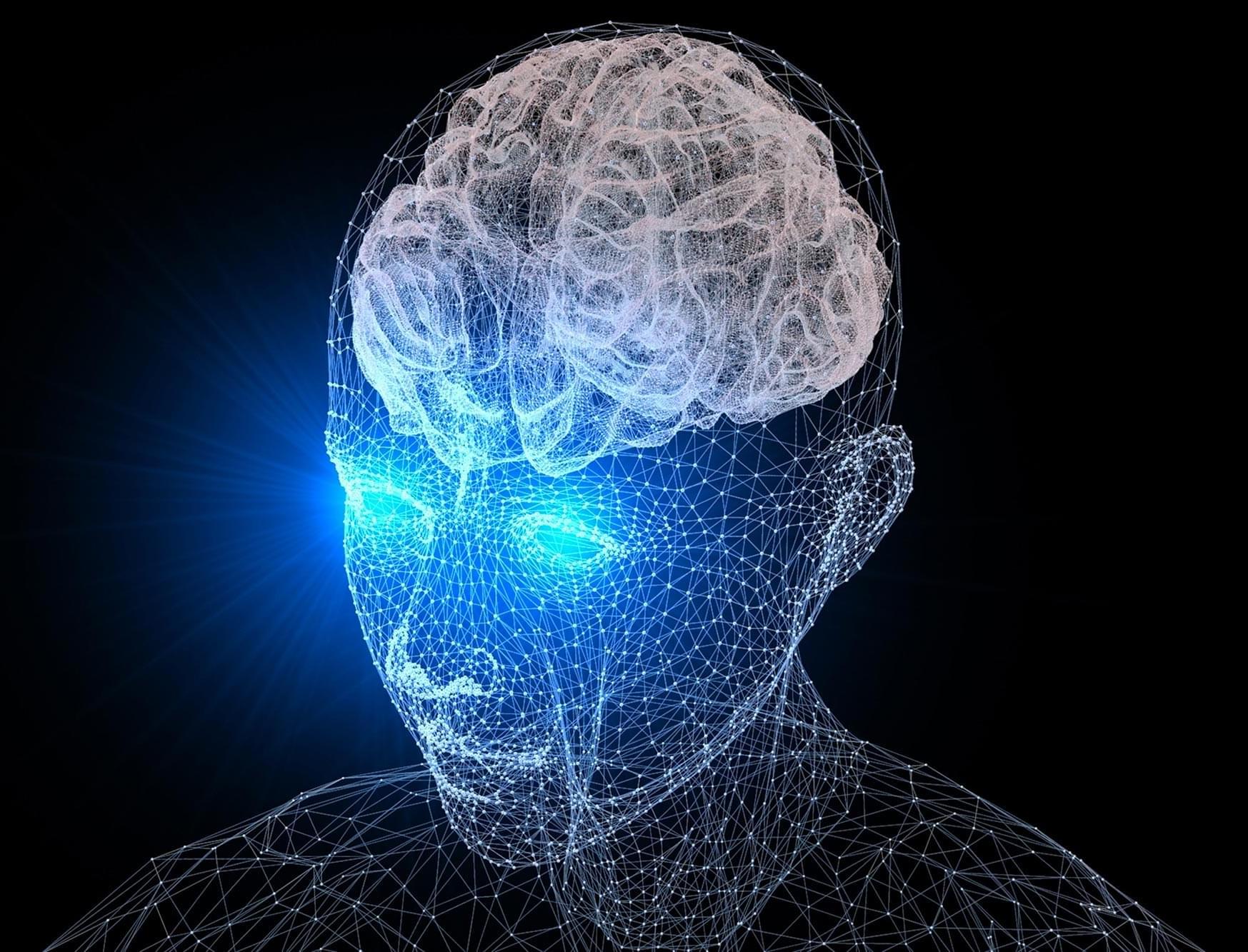The human brain can learn to filter out distracting or disruptive stimuli, such as a bright roadside billboard or a flashing online banner, through repeated exposure. Researchers from Leipzig University and Vrije Universiteit Amsterdam have demonstrated this effect using electroencephalography (EEG), showing that early visual processing in the brain changes with experience. Their findings were recently published in The Journal of Neuroscience.
Distractions tend to become easier to ignore after repeated encounters. This process, known as learned suppression, plays a key role in the visual system and complements our ability to consciously direct attention. In a series of EEG experiments with 24 participants of all genders, the researchers examined how learning affects attention to highly noticeable distractions, particularly when such distractions consistently appear in the same location.
